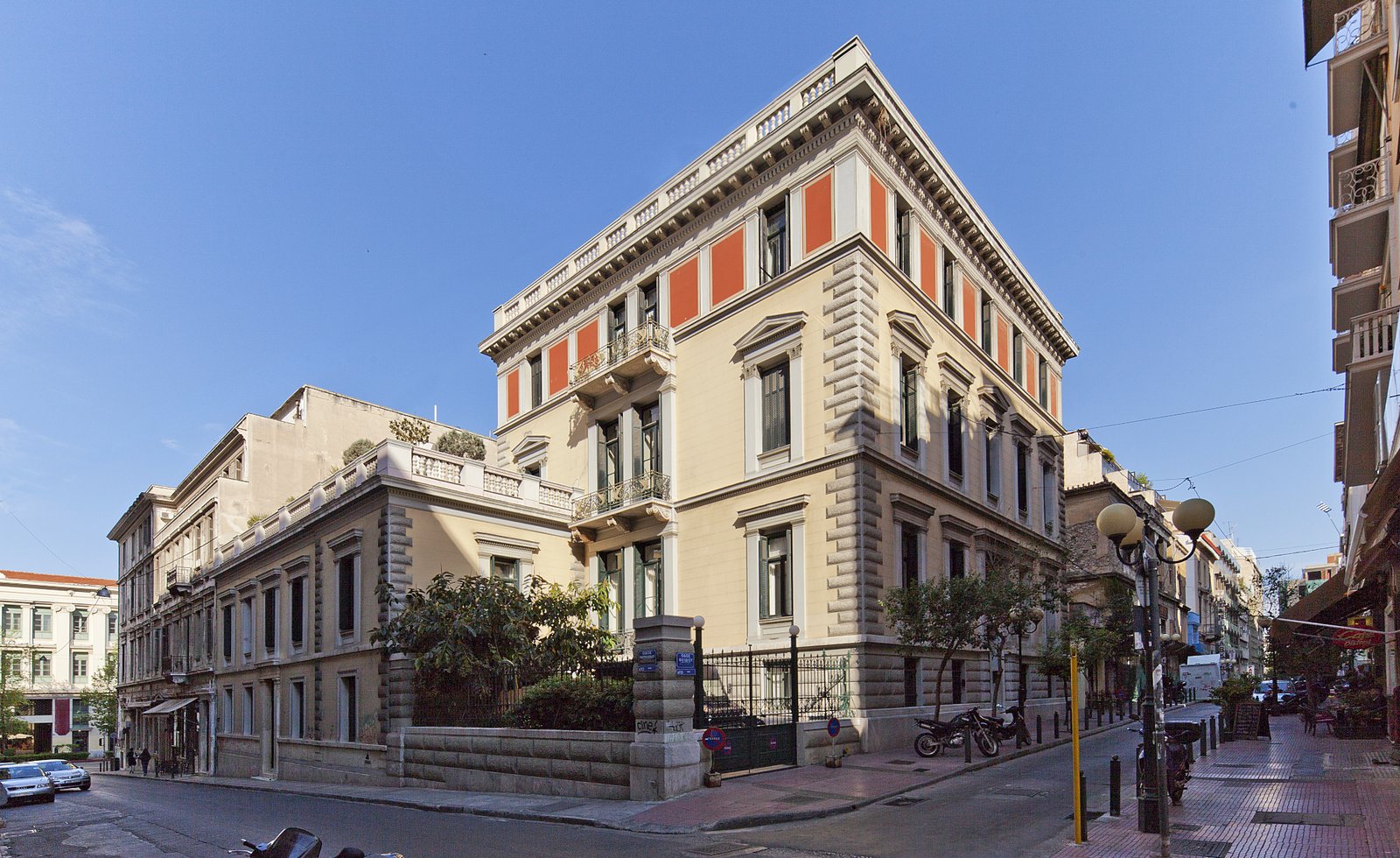About us
The German Archaeological Institute's Athens Department is engaged in the archaeological exploration of Greece and its neighbouring regions. Since its foundation in 1874, the department has become integral part of the large international community of scholars based in Athens. From a legal standpoint, the Athens institute fulfils the basic role of coordinating and supporting all German academics and university institutions in Greece in their pursuit of accomplishing classical studies and research projects.
From the beginning, research at the Athens Department has been focussed on carrying out regional studies in systematic recordings of ancient vestiges and through the implementation of archaeological excavations. Awarded with national licenses granted by the Greek authorities, the Athens Department has been able to sustainably develop large field projects of world renown. Among them are those at the sanctuaries of Olympia, Samos and Kalapodi, the Mycenaean fort at Tiryns, the Kerameikos, and the ancient necropolis of Athens. Surveying has been underway furthermore in the Cephissus Valley since 2018. A revolving system between excavation and processing campaigns guarantees for appropriate data management as well as timely scientific evaluation and publication. In addition, three cooperation licences (so-called synergasía), which partly also are contracted with German universities, account for field work carried out in close cooperation with Greece's General Directorate of Antiquities & Cultural Heritage. With its conservation and presentation measures for monuments located in the field, the Athens Department is a significant contributor to the preservation and presentation of cultural heritage.
In its efforts to foster young scholars, the department awards scholarships and organises regular training programmes lasting for several days, which serves international exchange, especially between Germany and Greece.
How we are organised
The premises accommodating the Athens Department were invested already in 1888. Considered an architectural paragon, the building is located in the city centre where it houses the department's important scientific infrastructure, of which some dates back to the years of its founding. The large library collection, the photo archive, and the archive form a unique environment for scholarly research. The Athens Department moreover has its own archaeological collection. Its college offers board for scholars who are involved or associated with DAI projects.
The department is headed by its first director, Prof. Dr. Katja Sporn and the second director PD Dr. Oliver Pilz. A scientific advisory board of experts from classical archaeology, ancient history, architectural research/monument preservation, and the natural sciences has been assisting the directorate as an advisory capacity since 2020.
The management of the department's excavations, individual research infrastructure sections, and the ongoing projects is incumbent on the directorate and the scientific staff. These are backed by research assistants, i.e. junior researchers, typically doctoral candidates, and by local employees too. The staff moreover consists of an architect specialised in monument preservation, an excavation technician, a restorer, a librarian, a graduate designer, and an archivist. The administrative personnel is in charge of the department's managerial matters.

